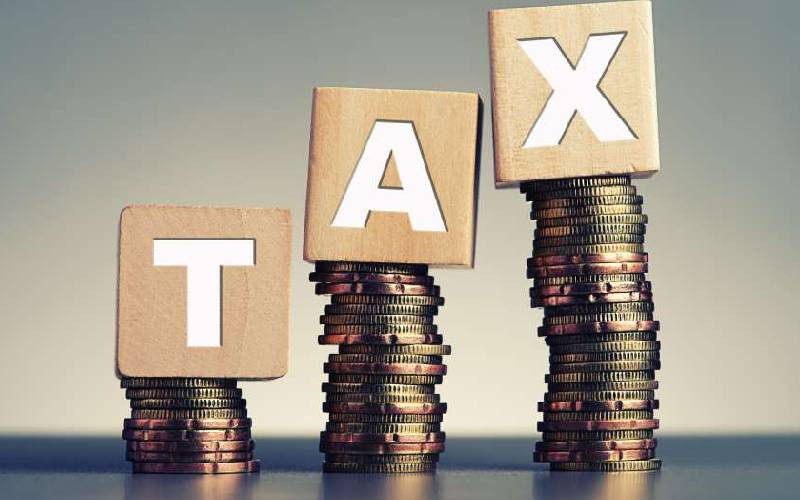×
The Standard e-Paper
Kenya’s Boldest Voice

According to the Kenya National Bureau of Statistics' Economic Survey 2023, as of May 2023, over 83 per cent of Kenya's working population was employed in the informal sector.